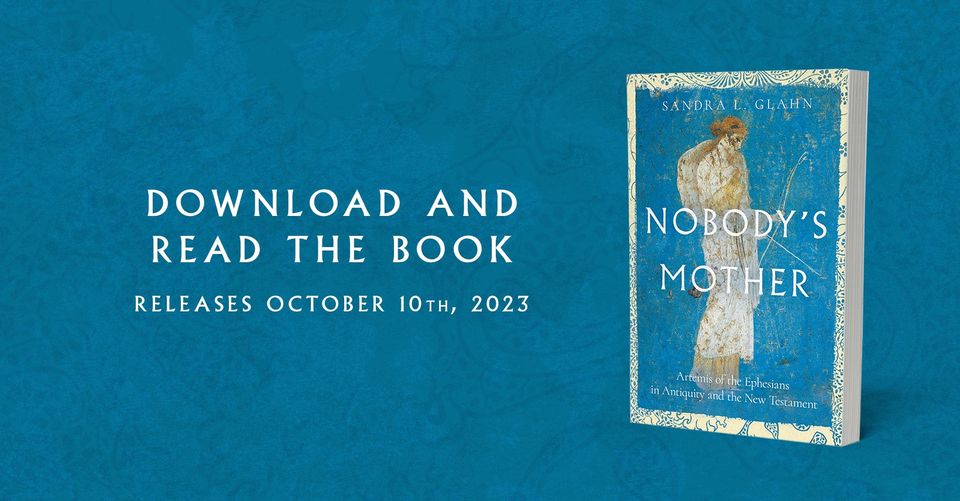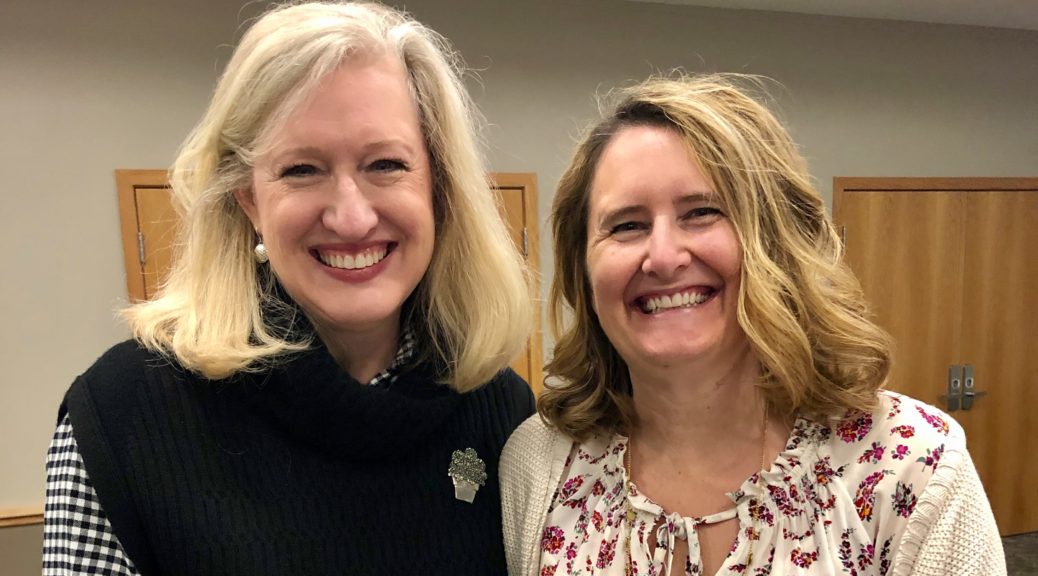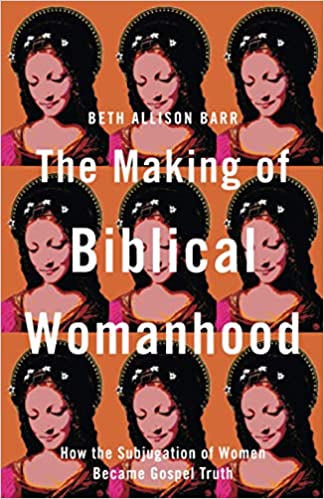Today’s Bible readers mostly read English translations, rather than Greek and Hebrew texts. Though we don’t have the original writings, we do have thousands of ancient biblical manuscripts from which translations have been written. The Bible, in its original form, is the inspired word of God. Translations are just that: translations. And, Bible translations are vital to helping us understand who God is, to see the grand narrative of the Bible’s story, to learn the essentials for living a Christ-honoring life, and for sharing the gospel. Dan Wallace, an esteemed Greek professor reminded me, “All translation is interpretation.” Necessarily then, translations contain many interpretative decisions including word choices and the addition of punctuation, chapter headings, and chapter and paragraph divisions. In addition, translators must discern the author’s intended meaning—a challenging task considering that the Bible writers lived and ministered in a historical time and cultural context vastly different from a modern-day readers’ time and cultural context. Have you ever, as I have pondered, “Who gets lost in Bible translation?”



